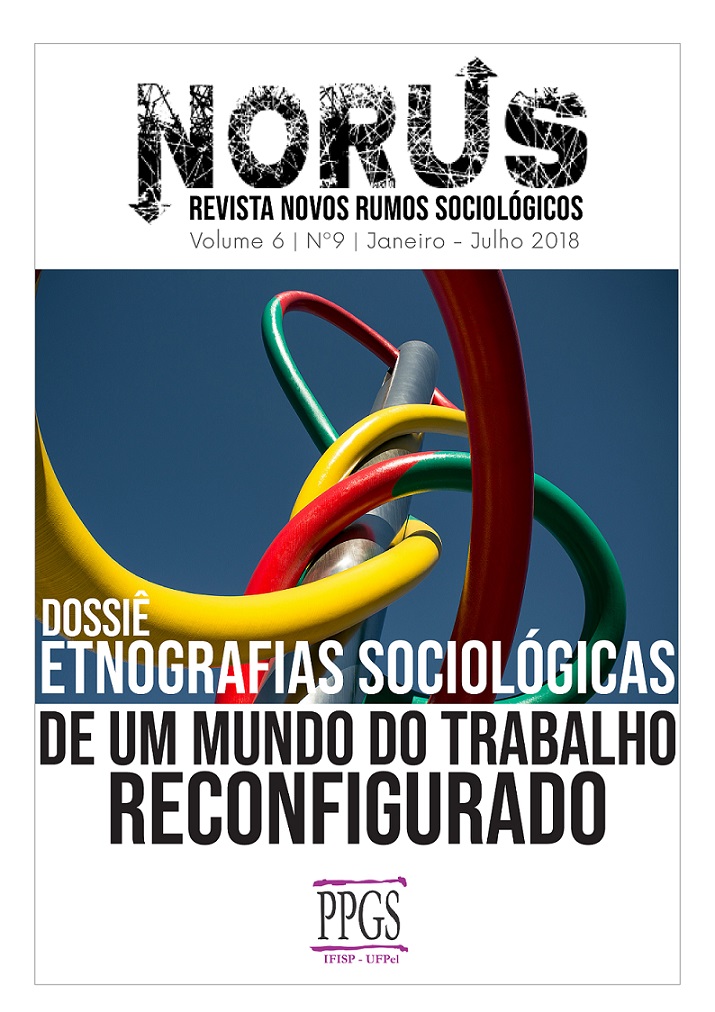The influence of social factors in the language of private freedom adolescents
Abstract
This study investigated the language used by internal adolescents of the Ponta Grossa Socioeducation Center and had as objectives to verify the influence of social factors 'level of schooling', 'conviviality' and 'length of stay' of the speaker in the exclusive use of a linguistic variety characterized by the presence of words with figurative meaning, and to identify the possible dictionary of the terms collected, comparing the meaning contained in the dictionary with the meaning given to the terms by the interviewees. This research was carried out through the application of semi-structured interviews to eight internal adolescents of the CENSE of Ponta Grossa. The analysis of social factors made it possible to verify that the two variables that represented each of the three social factors presented some terms and expressions, used exclusively, belonging to the gyrian vocabulary. Of the 260 terms obtained in the data collection stage, 156 are not included in the dictionary; 64 are in the dictionary with a different meaning from that used by informants, and 40 are dictionaries with the same meaning. The investigations between such language and extralinguistic factors can contribute to the understanding of the vocabulary universe of these adolescents and to the sociolinguistic studies, in the sense of enabling the creation of pedagogical tools that help both the teaching-learning process of the adolescents in conflict, deconstruction of linguistic prejudice, which reinforces the marginalization of these adolescents.


